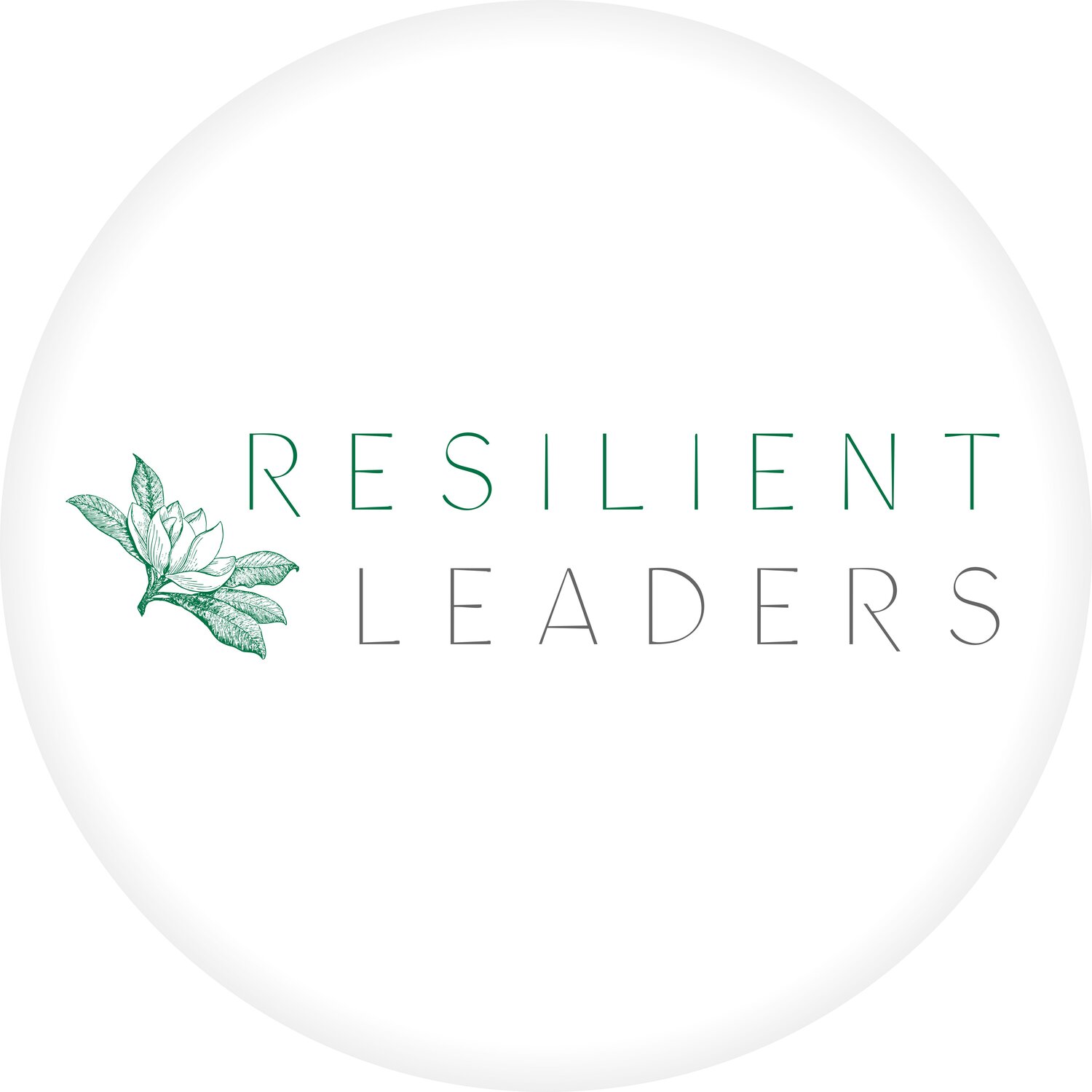The Science Behind Effective Leadership Training
The Design of Effective Learning
Designing meaningful learning experiences requires more than delivering information it requires intentional structure. Instructional design provides that structure. It is the process of creating effective, engaging learning experiences such as courses, training programs, and educational materials that guide participants toward specific outcomes. At its core, instructional design ensures that learning is not accidental but targeted and measurable.
The Resilient Leaders Program is built on these principles. Our approach adapts training for different learning styles, formats, and goals. We integrate the best practices of instructional design to deliver experiences that are both practical and transformational for participants.
Why Traditional Training Methods Alone Are Not Enough
Traditional training methods often emphasize passive learning: lectures, slideshows, and information dumps with little real-world application. These methods leave gaps between knowledge and action. Without deliberate design focused on engagement, skill application, and feedback, learning rarely sticks.
Instructional design fills this gap. By applying research-backed frameworks like ADDIE (Analysis, Design, Development, Implementation, and Evaluation) and Knowledge-Skills-Abilities (KSA) models, learning becomes more strategic. Rather than hoping participants absorb information, instructional design ensures they actively build capabilities aligned with their real-world responsibilities.
Instructional Design as the Foundation of the Resilient Leaders Program
The Resilient Leaders Program was built with instructional design at its foundation. Every module, activity, and coaching session was intentionally designed to lead participants toward specific learning outcomes.
Our primary objective is to equip leaders to thrive in complexity and change by focusing on the following outcomes:
How Instructional Design Shapes the Resilient Leaders Program
We designed the Resilient Leaders Program around core instructional design activities that create transformational learning, including:
Selecting Instructional Strategies: Matching content to active learning methods like case studies, simulations, and reflective exercises.
Designing for Engagement: Creating group discussions, role-playing, and problem-solving exercises that invite deep participation.
Creating Multimedia Content: Incorporating videos, templates, downloadable worksheets, and assessments to appeal to different learning preferences.
Developing Assessments: Designing formative and summative assessments to track progress, reinforce learning, and identify areas for deeper coaching.
By leveraging frameworks like ADDIE and aligning activities with KSA development, the Resilient Leaders Program moves beyond information transfer. It builds leadership capabilities that endure.


